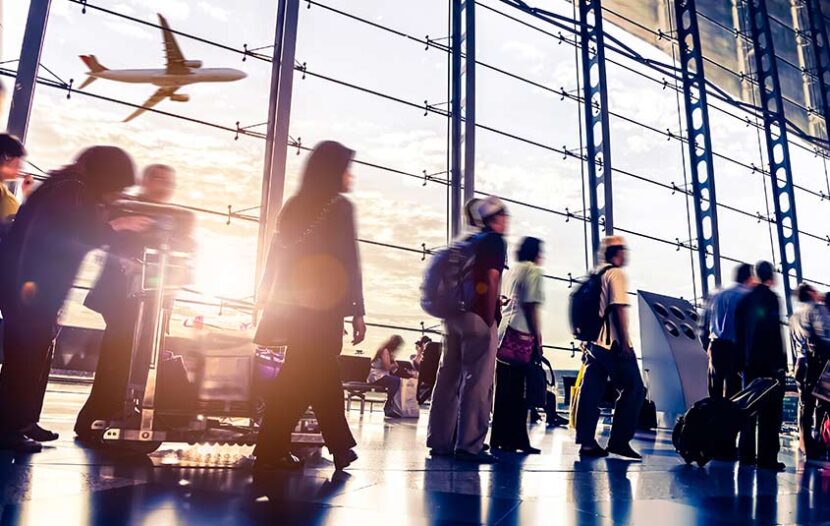MONTREAL — IATA is calling out the Canadian government, urging it to take measures to reduce delays for inbound and outbound passengers at Canadian airports.
Peter Cerda, IATA’s Regional Vice President for the Americas, says IATA has written to the Canadian government with a call-to-action for federal ministers to make immediate moves to reduce the unwieldy delays at immigration and security at Canada’s international airports.
“Aviation, along with travel and tourism, were hit particularly hard during the COVID-19 pandemic and even more so in Canada, due to the very strict border control measures implemented by the government. Following the easing of many of these restrictions, demand is coming back and it is clear that people want to travel. We can therefore ill afford to have passengers subjected to unacceptable wait times both on arrival in the country or on departure,” said Cerda.
He added: “The relevant authorities must urgently consider removing the last remaining travel related COVID-19 restrictions and work with the industry on policies and processes which will allow passengers to pass through airports with no undue delay.”
Delays for passengers both inbound and outbound at Pearson Airport and other major gateways across the country have made headlines here at home and outside of Canada too, with tales of missed flights, hours-long tarmac waits and flaring tempers putting a damper on travel’s much-needed recovery.
IATA notes that passenger wait times at security screening at Toronto’s Pearson International Airport have doubled and, in some cases, quadrupled, while passengers on nearly every second international arriving flight were subjected to immigration delays. Some had to wait on the aircraft for up to three hours before disembarking. Over the past four weeks, the travel plans of around 100,000 passengers per week have been disrupted, according to IATA’s estimates.
CATSA has apologized, and days later the GTAA weighed in, and then ACTA. The situation has gotten so bad, last week came word that someone suggested cancelling flights as a means to end the bottlenecks.
IATA’s ask from the Canadian government includes …
- Introduce dedicated immigration lanes for arriving international passengers who did not provide their required health and vaccination details in advance through ArriveCAN. CBSA data shows that the immigration process for passengers where the ArriveCAN details need to be collected on arrival takes 3-5 minutes as compared to 15-30 seconds in cases where the data has been supplied in advance, says IATA.
- Upgrade the mobile app version of ArriveCAN to include the immigration and customs related questions so arriving international passengers can submit their relevant information in advance of arrival (IATA notes this is currently only available on the web based ArriveCAN in Toronto and Vancouver).
- Relocate on-arrival random testing facilities from the terminal / airport and/or offer a home testing option.
- Ensure that both CBSA and Canadian Air Transport Security Authority (CATSA) have the staffing required to offer an efficient immigration and passenger screening process.

